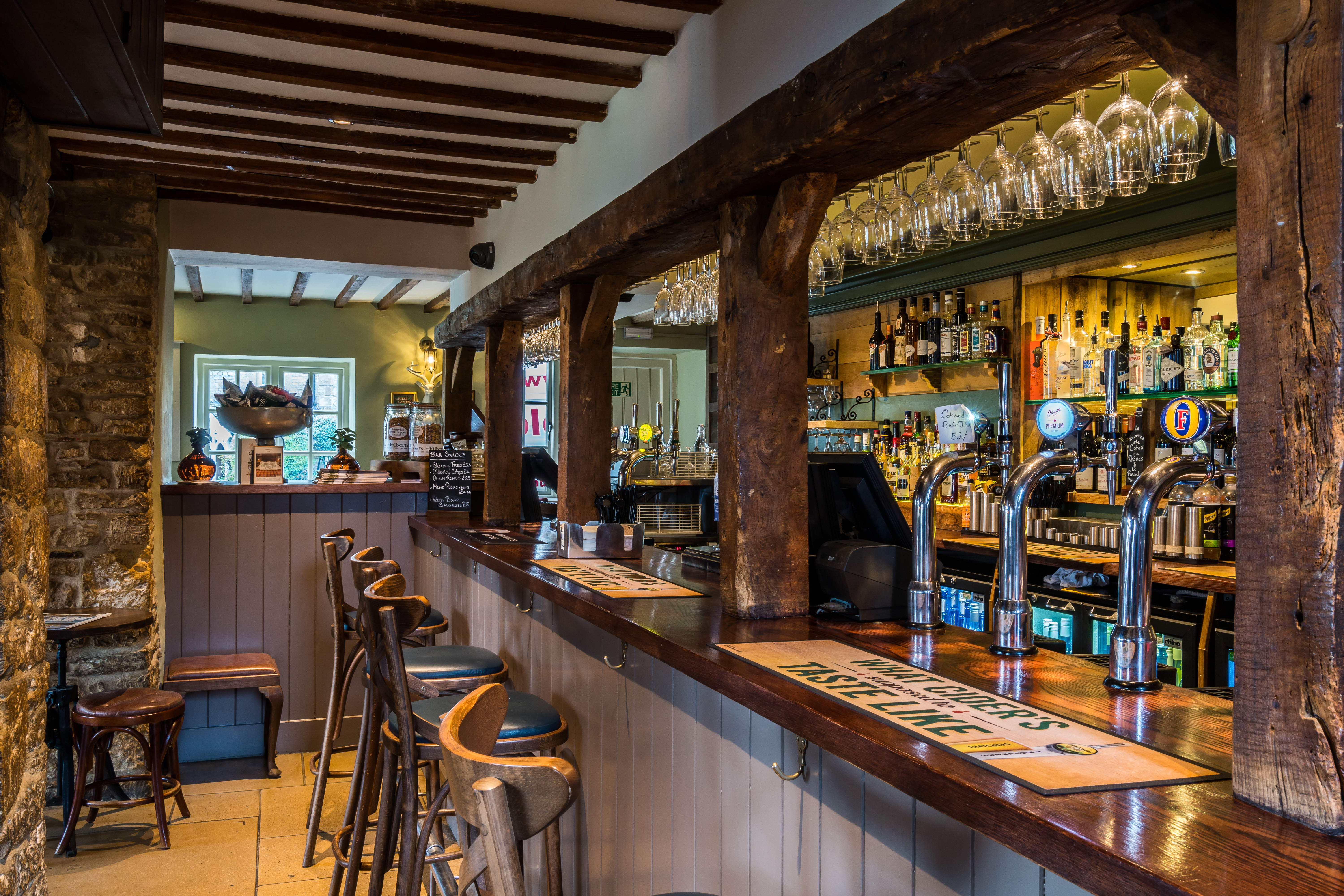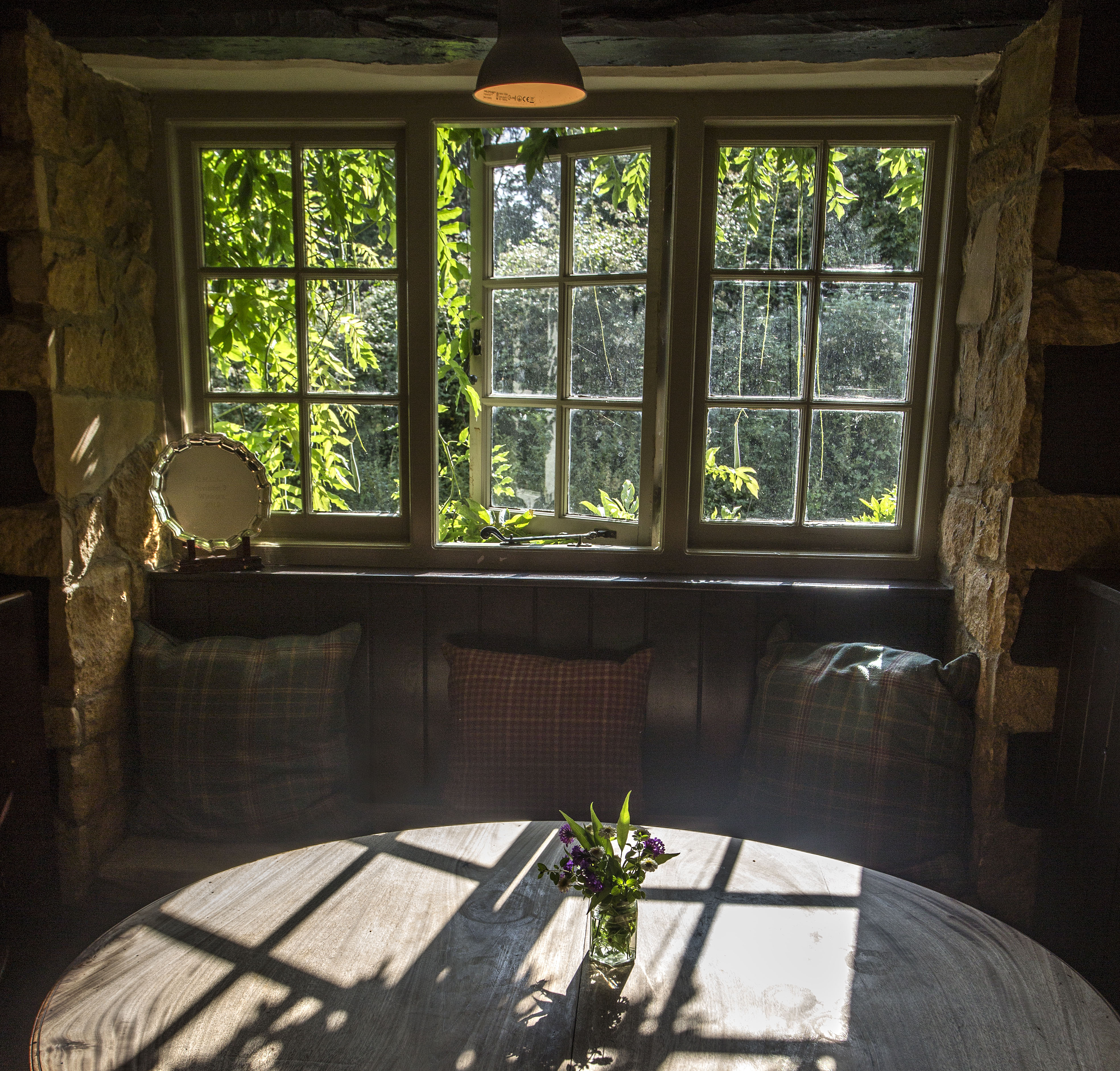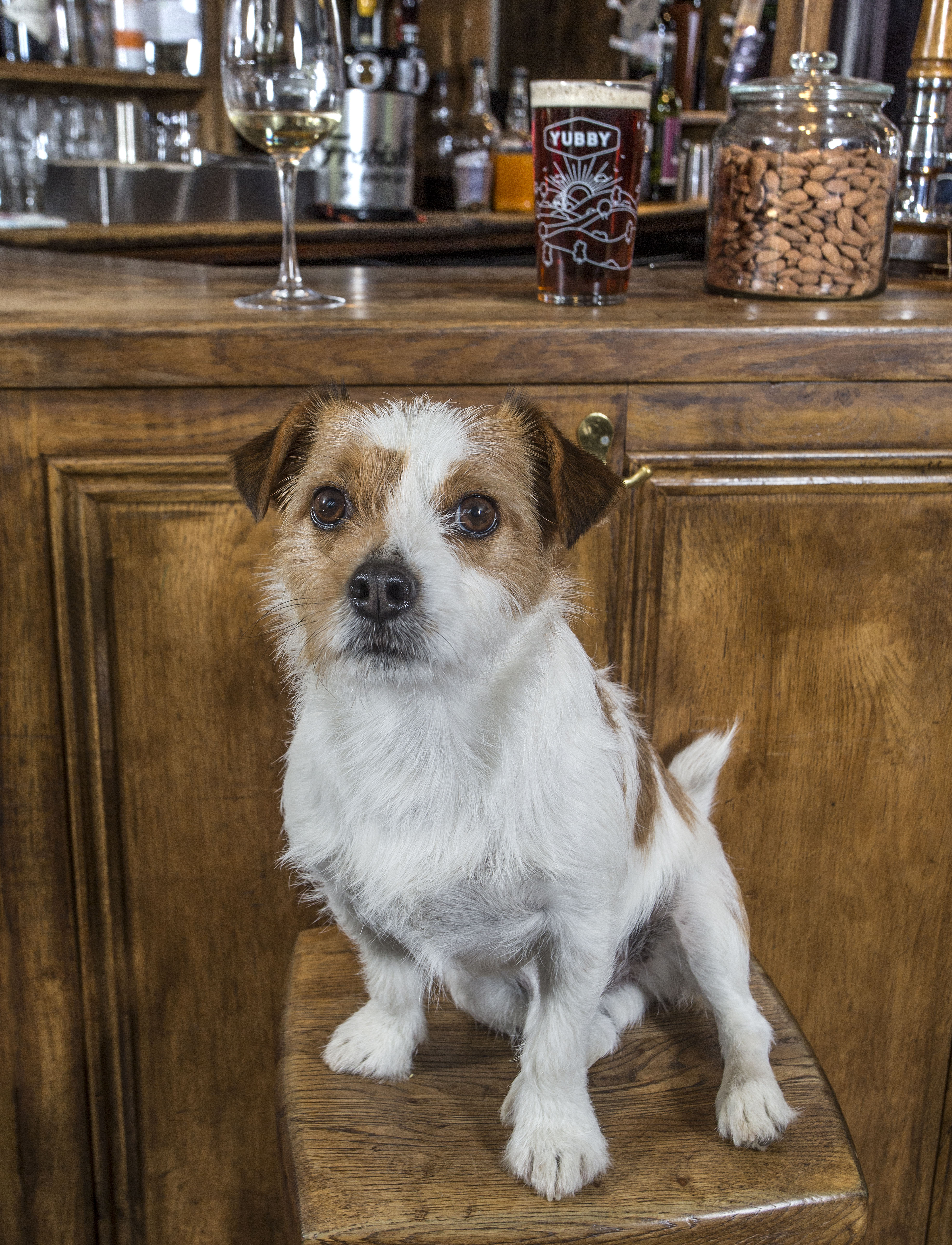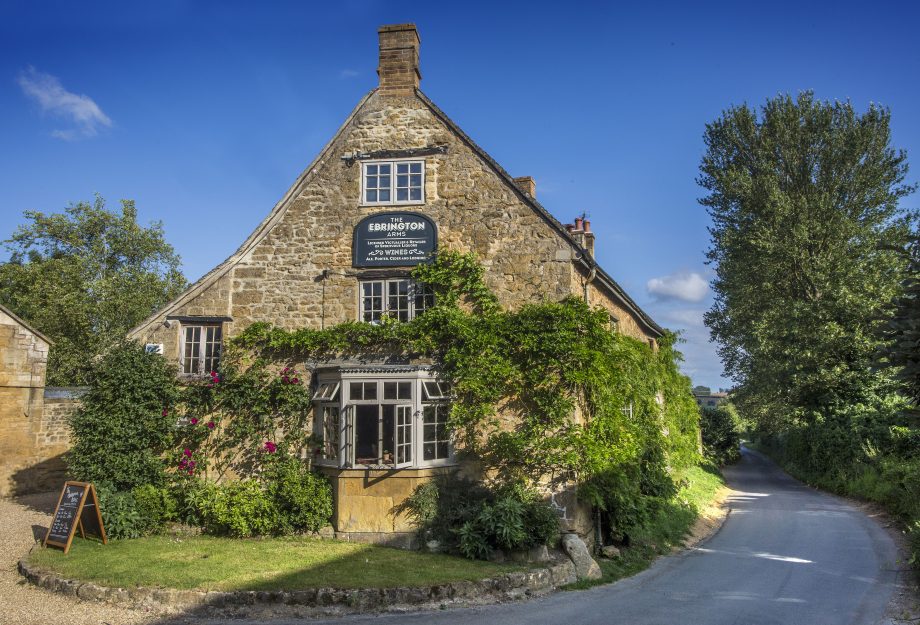A London pub has seen an explosion in visits from so-called “Swifties” after a track on Taylor Swift’s hotly anticipated new album was seemingly named after the establishment. “The Black Dog”, named after a public house in Vauxhall, is the 17th song on “The Tortured Poets Department”, which came out on 19 April.
Pubs
Can a good pub sell a country house?
A good pub within walking distance is on most buyers’ wish lists and can even uphold an area’s value. But what makes the perfect village pub? Arabella Youens investigates.
If the idea that a village pub can sell a country house sounds a bit extreme, here’s a story to prove it. When the parents of James Mackenzie, head of the country-house department at Strutt & Parker, were in Oman and reading a copy of Country Life, they spotted an old rectory near Lyme Regis in Dorset for sale.
As soon as they could, they jumped on a plane and booked a viewing,’ says Mr Mackenzie. ‘When they reached the top of the drive, my father jumped up onto the gate to inspect the exterior and its aspect. Then, without venturing any further, he took the agent for lunch in the pub opposite. Once that had passed the test, they bought the house – barely bothering to look inside.’

The Bell at Stow is one such pub – gorgeously cosy with beautiful food.
That a pub acts as a binding force within a community was ever thus, but, today, this role is on the rise, believes Harry Gladwin of The Buying Solution, Knight Frank’s buying arm, who says a good village pub comes within the top three requirements of a country-house buyer. ‘It’s a place where everyone meets, regardless of background. This mix of people and ideas around an open fire is what breathes life back into many villages and – unlike village shops – can never be replaced by Amazon.’
In recent months, Mr Gladwin has handled two transactions where a good pub was at the top of the list of must-haves; as neither client enjoyed cooking, the pub would be an extension of their kitchen, to feed the family and house guests.

The Ebrington Arms.
‘Even in less extreme scenarios,’ he adds, ‘it’s great entertainment for guests at weekends, especially if they can combine a good walk with a pub lunch or have a late dinner there after driving down from London.’ The best landlords, adds his colleague Jonathan Bramwell, ‘will keep their kitchens open a bit late to accommodate this type of clientele. Now that you can no longer make a profit on selling pints alone, it’s the food that helps in no small way to keep these pubs alive’.
‘We will never do pea shoots or foams’
Village pubs that are successful tread a fine line between catering for the weekend crowd and looking after locals. Peter Creed runs The Bell Inn at Langford in west Oxfordshire, having taken over the pub, which was then derelict, with his business partner, chef Tom Noest, two years ago. It’s taken off and they now have an outlet in Soho Farmhouse (The Little Bell) and are in the process of negotiating on another pub nearby.
‘A pub needs to act as a hub for the village,’ says Mr Creed. ‘It has to be somewhere that everyone can afford to go.’ To that end, they ensure the menu accommodates local families, as well as those wanting to celebrate an important anniversary. ‘We will never do pea shoots or foams.’

Dogs friendly is a must – luckily, the Ebrington Arms welcomes all types of patrons!
Although it may not come as a surprise that the British public hankers after a regular pint to wash down wholesome grub, Charlie Wells of Prime Purchase, Savills’ buying agents, believes the pub factor is increasingly playing a role for international buyers, too. ‘Foreign buyers love a good old-fashioned English pub with horse brasses, which doesn’t really exist in Scandinavia or America,’ he explains. In addition, they attract buyers with families; as children become teenagers, the pub becomes particularly useful if they can walk there and meet friends, rather than using parents as a taxi service.

The Fife Arms, Braemar – The Flying Stag adds a unique decorative touch.
‘A good pub makes a good village and vice versa,’ concludes Mr Gladwin. With that in mind, if the current pub isn’t hitting the mark, it might be a good plan to take it over. That may sound like a storyline from The Archers, but these days, communities are beginning to take matters into their own hands and village-owned, village-run pubs are reversing some of the decline in pub closures.
In (albeit rare) cases, incoming buyers of large country houses are also buying the pub to turn it around – a move made by a number of Mr Wells’s clients. This can work to benefit everyone, argues Adam Buxton of Middleton Advisors. ‘It might underpin the popularity of the village and ultimately help hold up values.’
This North Wales ale house has been named best historical pub in UK
It’s topped the list of 10 pubs steeped in history
A pub in North Wales has been rated the best historical pub in Britain, according to CAMRA.
The Albion Ale House in Conwy has topped the list of 10 establishments “steeped in history”, in a list released by the organisation.[ . . . ]
Read More at This North Wales ale house has been named best historical pub in UK
We reviewed the UK’s oldest pub
 Oliver Cromwell once stayed a night here
Oliver Cromwell once stayed a night here
One of the oldest and most historic pubs in the United Kingdom can be found right here in Hertfordshire.
The Ye Olde Cock Fighting pub in St Albans claims to date back to the 8th century, although the current building only actually dates back to the 11th.
Located just next the historic Verulamium Park on Abbey Mill Lane, the pub was once a medieval pigeon house and has tunnels stretching from the beer cellar all the way up the hill to the St Albans Cathedral that were once used by monks.
It is also claimed that Oliver Cromwell once stayed a night at the inn during the English Civil War during the 17th century.
The pub has also been used for cock fighting (hence the name) in the main bar in the late 19th and early 20th century, where an 8ft wide and 10ft long fighting pit was placed [ . . . ]
Continue aat: We reviewed the UK’s oldest pub and this is what we honestly thought – Hertfordshire Mercury
HP Sauce, Sunday roasts and all the other once-beloved British foods that millennials won’t eat
By now, millennials are growing accustomed to getting blamed for pretty much everything. The end of marriage, the end of divorce, the end of sex and the end of relationships; the demise of cinema and the rise of PC culture. The list goes on. But it’s in the culinary world that Generation Y suffers the most virulent accusations.
Everything from the decline of pubs to the end of tuna is routinely laid at the hands of those born between 1981 and 1996. The latest grumble concerns HP Sauce [ . . . ]
Continue at The Telegraph: HP Sauce, Sunday roasts and all the other once-beloved British foods that millennials won’t eat




